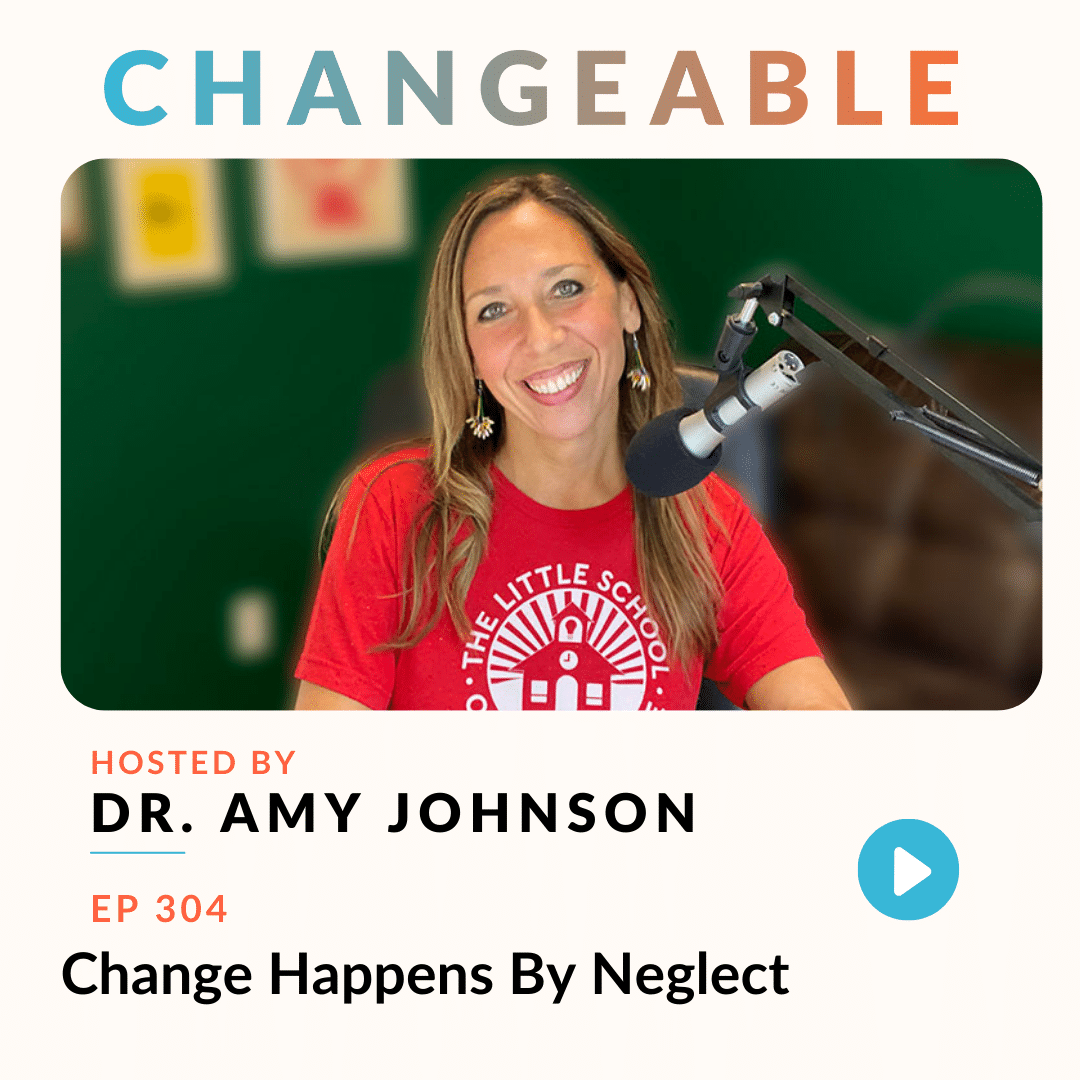
 Changeable Podcast
Changeable Podcast EP304: Change Happens by Neglect
8 snips
May 27, 2024 Explore the idea of neglect leading to natural change in habits and anxieties. Reflect on the importance of stepping back to see problems more clearly. Discuss the transformative power of releasing obsession with solutions and embracing peaceful reflection.
Chapters
Transcript
Episode notes

